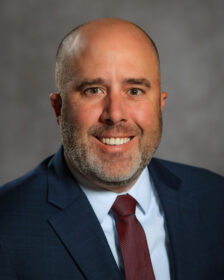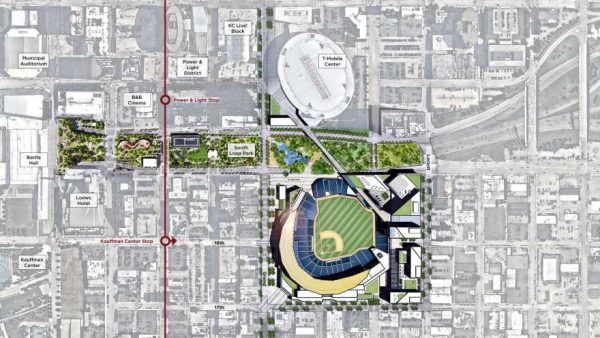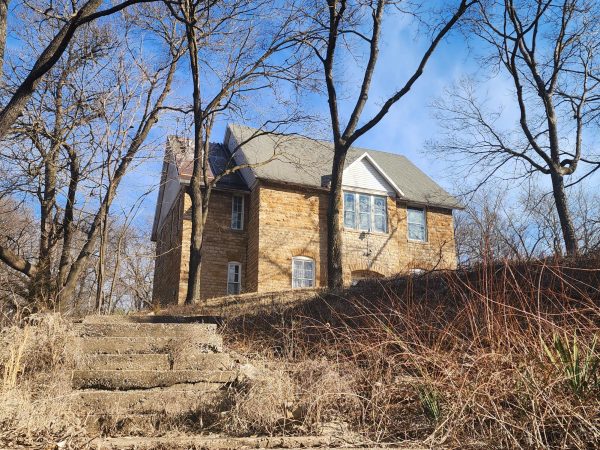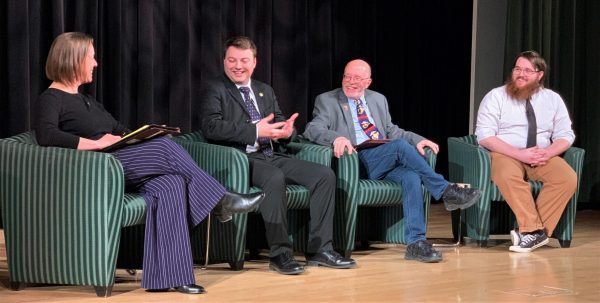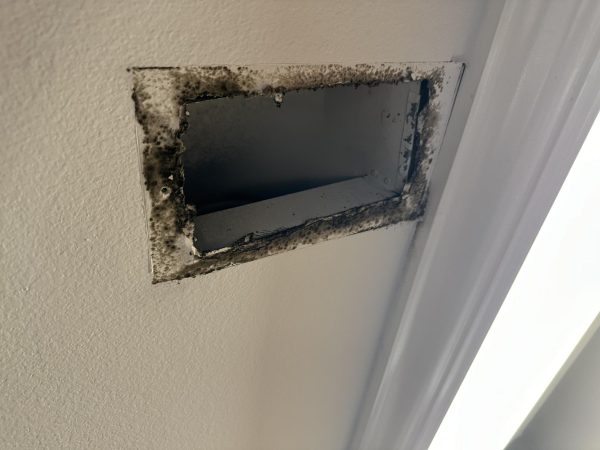Platte Landing Park 60-acre restoration project in works
Vireo, a local landscape and design firm, is under contract with the U.S. Army Corps of Engineers to restore wetlands along the Missouri River in Parkville. This project proposes to restore a 60-acre chunk of the 140-acre Platte Landing Park to its natural wetland habitat.
Platte Landing Park opened June 21, 2014. Along with two miles of walking trails, the new park introduced Platte County’s first off-leash dog park. Platte Landing Park is located just to the west of Parkville’s English Landing Park.
Vireo, the landscape and design firm hired by the U.S. Army Corps of Engineers, was involved in designing the first phase of Platte Landing Park. Vireo is currently analyzing Platte Landing Park to determine the feasibility of the restoration project.
“This project is still very preliminary,” said Parkville City Administrator Lauren Palmer. “The U.S. Army Corps of Engineers has hired Vireo to do the feasibility and environmental assessment, so that’s the initial phase. We’re doing a study to determine if this project is feasible. Assuming that it is then later this summer we would start the process to go after the grant for construction.”
The U.S. Army Corps of Engineers is required under the Water Resources and Development Act of 1986 to fund restoration projects such as the one proposed for Platte Landing Park.
“Section 1135 of the act charges the U.S. Army Corps of Engineers with doing habitat restoration projects,” said Palmer. “This project is teed up to go with grant funding under that program.”
The completed ecosystem restoration project is intended to restore the floodplain area along the Missouri River and assist with future floods.
“This area floods and will flood, we know that,” said Palmer. “Having this wetland in place helps with those drainage issues. This is a natural drainage way intended for that.”
If approved, the restoration of Platte Landing Park’s wetland ecosystem will be a long and ongoing process.
“You’re going to go in and dig out generations worth of sand and siltation that has flooded in that wetland,” said Palmer. “Then you’ll need to remove the Johnson grass and other invasive species that have grown in, replant with native species and let that grow up. Over time it will begin to function more as a wetland area.”
Although the restoration project is a joint city-county project, the maintenance of the completed park will be Parkville’s responsibility. Palmer said that the city currently plans on using volunteer work for park maintenance as they do in existing parks such as the Parkville Nature Sanctuary.
Palmer is confident that this project will be beneficial for both the environment and the city of Parkville.
“We really feel that the riverfront park space is what makes Parkville special and really unique in the Kansas City Metro,” said Palmer. “So expanding that English Landing Park and expanding our footprint around the riverfront and really creating more of a recreational draw I think will help our downtown businesses.”
Joy Piazza, professor of public relations at Park University, has researched environmental communication and specializes in urban parks. Piazza has done communication consulting work for the Missouri Department of Conservation and has spent the last two years working on a documentary on urban parks. She said she is optimistic about the benefits of this proposed project.
“This is such a win-win,” said Piazza. “It conserves and sustains the ecosystem along the river, it helps us manage storm water, and it provides recreational and educational opportunities for citizens.”
Palmer said she hopes that later construction in the Platte Landing Park will include outdoor classroom areas where people of all ages can learn about the wetland ecosystem and recreational practice fields for public use.
If Vireo’s feasibility assessment of the Platte Landing Park determines the ecosystem restoration project is suitable for the area then we can expect to see construction in the park beginning this summer.
Your donation will support the student journalists of Park University. Your contribution will allow us to cover our annual website hosting costs, freeing up other funds for equipment, printing and training.



